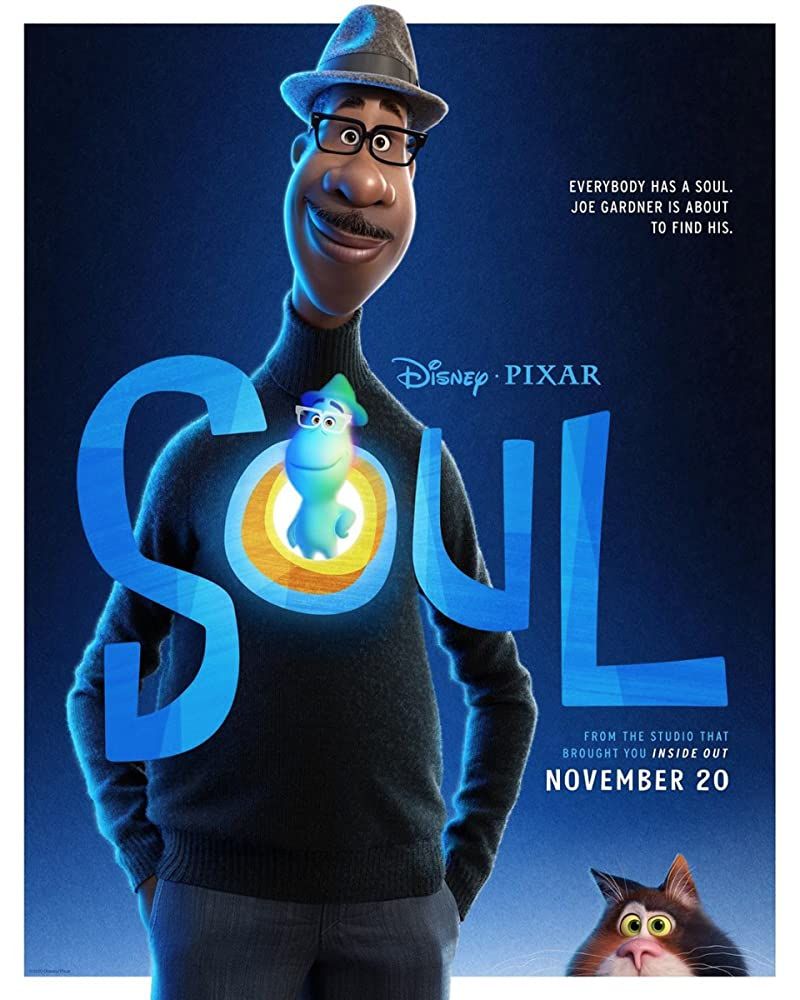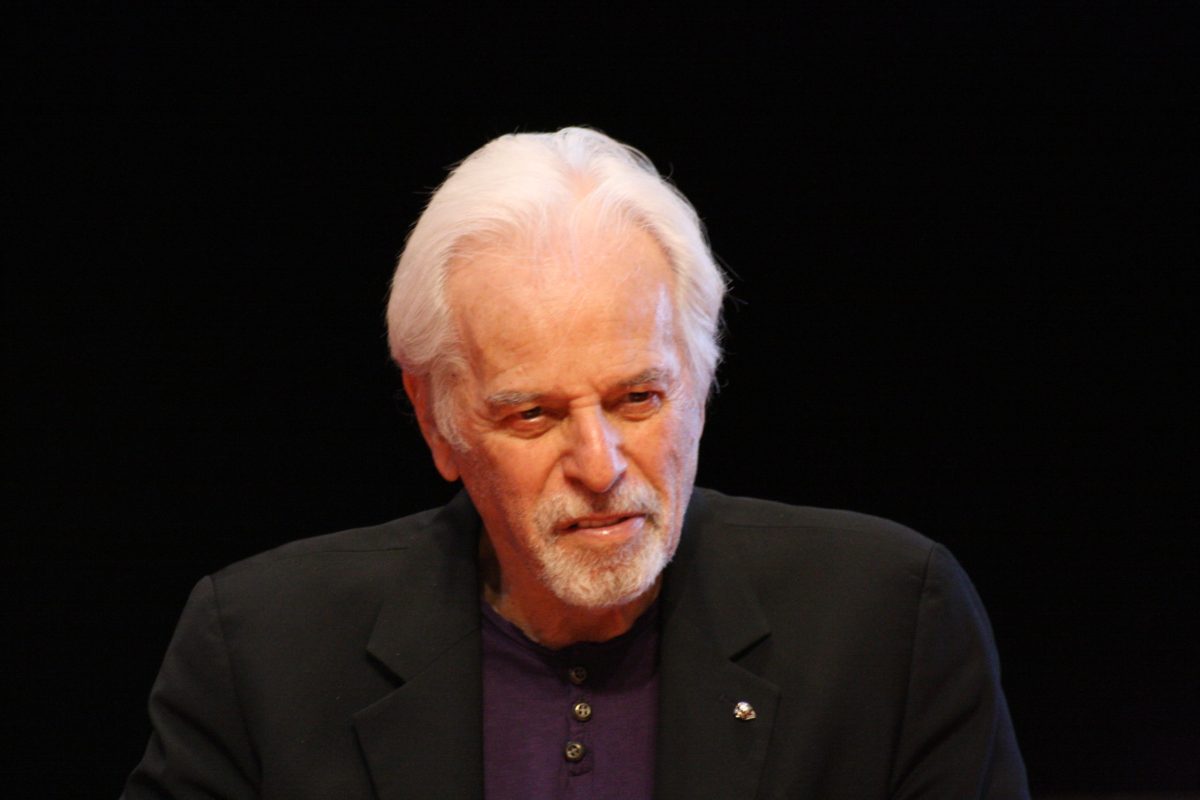In 2006, “Borat: Cultural Learnings of America For Make Benefit Glorious Nation of Kazakhstan” shook the entertainment world when Sacha Baron Cohen introduced the Khazakh TV journalist to the big screen. Borat was sent to learn about the United States, and in the process offended everyone insight into racism, sexism, antisemitism, antigypsyism, homophobia and more. However, his equal opportunity offensiveness under the guise of cultural ignorance made the movie both hilarious and not as offensive as it would seem at face value.
14 years later, we received the long-awaited continuation of Borat’s story in “Borat Subsequent Moviefilm.” After embarrassing Kazakhstan on a global level with his documentary, Borat was sentenced to a gulag, explaining why he was not heard from again up until now. In order to curry favor with President Trump, Borat was sent as an ambassador of Kazakhstan to deliver Johnny the Monkey to Vice President Mike Pence. However, Borat’s daughter—who was conceived before he was sent to the gulag and is now a teenager—snuck into the crate and ate Johnny. The movie then follows Borat through America and the COVID-19 pandemic in real time as he attempts to deliver his daughter as a present.
Full to the brim with the first film’s trademark gross-out gags and cringe-inducing humor, Borat still manages to entertain and horrify at the same time. Borat is established as an antisemite, a racist and sexist, but this sequel manages to make a connection between the beliefs of this caricature to those of many ignorant southerners and far-right Trump supporters. Baron Cohen is able to abuse southern hospitality to get closer to his targets, even getting two men to house him during the COVID-19 quarantine. The movie brings a smarter and more relevant spin on the original, with many scenes showcasing just how well Borat is able to fit in with Trump supporters.
What makes this new lens on Borat interesting is how much work is cut out for Baron Cohen. As he plays Borat, much of the humor comes from the genuine, unplanned reactions of those around him. The deadpan delivery by both Borat and his daughter works very well in most of the scenes. While this worked for creating awkward situations for the people he interacted with in the original, the sequel takes this a step further by taking a more political approach and pointing out the absurd and sometimes abhorrent views of some people.
An example of this is a scene that involves Borat dressing up as a musician at a far-right rally where he sings to a crowd of cheering supporters. As he continues his satiric comically hate-filled songs, the crowd begins to cheer him on even more, to the movie audience’s uneasy delight.
What made this sequel feel different than the original is that the plot seemed far more fixed. The first movie had a rough story arc after Borat fell in love with Pamela Anderson and her character in “Baywatch” and sought her out in California, but it still had the randomness of visiting many communities in America and offending as many people as he could. Borat was verbally abused by New Yorkers, offended a feminist group, participated in a gay pride parade, learned how to dress and talk like a “gangster” in Atlanta, sung at a rodeo, had dinner with a southern pastor and more.
This sequel instead started off with a planned story arc where Borat has a mission to deliver a gift to a leader close to Trump. As a result, his interactions were more limited and less sporadic and—for better or worse—took away from the spontaneity of the original. It also felt much more one-sided: the first movie had interactions with all walks of life while the sequel gave most of the screen time to exposing the far-right.
The movie was far more politically charged and showcased a changing of ways for Borat. His connection with his outspoken daughter forces him to leave behind his extreme sexism, with him accepting that she doesn’t need plastic surgery to be beautiful and that she can do anything that man can do. Borat meets with Holocaust survivor Judith Dim Evans, who provided wise words and compassion to Borat that made him question some of his antisemitic beliefs. The movie ends with Borat and his daughter returning to Kazakhstan and bringing with them some of these more accepting ideas.
“Borat Subsequent Moviefilm” was more divisive and politically charged, but it still delivered the brand of humor that we expected to see after seeing the first movie. It was a more modern Borat and took a stance on issues, which could rub some people the wrong way, but it still had that unique absurdity that only Borat could get away with. Although some people might not have found the sequel to be as “very nice” as the original, the subsequent movie was still a “great success.”

































